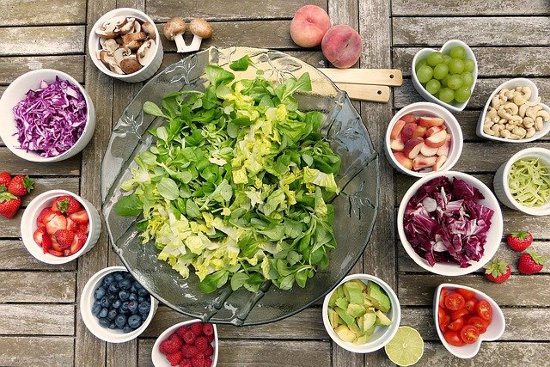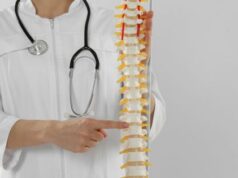Human health depends on many factors: genes, ecology, stress and, of course, nutrition. The way we look is directly related to what we eat. After all, it is not for nothing that a man is what he eats. What are the risks of malnutrition and how to eat properly?


Malnutrition – basket of diseases
Every day with the food we should get the essential substances for the body: fats, carbohydrates, proteins, vitamins, trace elements, fiber. The ratio of all these materials must be balanced. Malnutrition disrupts this relationship. What is at stake?
The fact that a person can constantly feel fatigued, lack of strength. The reason for this may be a low-calorie diet or a low carbohydrate diet. After all, carbohydrates provide our bodies with energy.
Malnutrition can be the cause of depression, poor mood, and irritability. It is caused by a deficiency of omega-3 fatty acids, B group vitamins, folic acid, magnesium, calcium. Malnutrition can affect the skin, cause headaches, memory gaps and, of course, indigestion.
Incidentally, one of the most common consequences of digestive disorders – constipation – is troubling an increasing number of people in a hurry.
Chronic constipation is defecation less than 3 times a week, less frequent than usual or aggravated defecation and discomfort. Untreated constipation can lead to more serious illnesses such as diverticulitis, hemorrhoids and the like.
Retention of undigested substances can also affect the entire digestive system, disrupt the absorption of nutrients from food, and promote the formation of harmful toxins.
The main causes that contribute to the development of chronic constipation are lack of dietary fiber, water loss or inadequate intake.
Unfortunately, sometimes constipation is still thought to be a minor ailment and is not given enough attention. And health professionals believe that beauty and health, just like old age and disease, start with the gut.
How to turn malnutrition into good?
Malnutrition is the insidious enemy of our health. The following recommendations will help those who want to eat healthy:
- Eat a wide variety of foods.
- Eat more complex carbohydrates, which are less rapidly degraded compared to simple carbohydrates. They are abundant in vegetables, cereals, peas, beans, black bread, cereals.
- Eat cold seafood meals at least 3 times a week.
- Give preference to low-fat dairy products, such as sour buttermilk, sour milk, skimmed curd or cheese.
- Eat foods high in fiber. It is one of the most useful ingredients in food. The digestive enzymes of these substances do not break down into fine particles, so they are not excreted in the blood and are all eliminated from the body.
- Eat regularly: 3 times a day and snack a couple times. Try to eat at the same time as one of the proverbs says, “War is war, and lunch is on schedule.” Breakfast is a must. They are advised to eat after 30-60 minutes. from awakening. And dinner – 3 p.m. to sleep. Do not overeat.
- Drink plenty of fluids, water.
When digestion is impaired
In the case of digestive disorders, the starting point should be to balance the diet. As we have already mentioned, foods should be high in fiber (vegetable fiber). They are especially useful for overweight people.
Eating fiber foods will make us feel full for longer, though we will consume less calories. Fibers act as a broom, accelerating intestinal peristalsis. It is also very important for proper digestion to consume sufficient fluids, especially water.
Water helps to flush toxins out of the digestive tract and softens stools, making them easier to pass through the intestine. Therefore, you should drink at least two liters of water a day. It is best to drink water 30 minutes before a meal, not during or immediately after a meal, as it can dilute digestive enzymes and slow down digestion.
Also, not only what we eat, but also how, i.e. food should be chewed well. Do not eat in a hurry or when you are under stress.
Thus, malnutrition is also a maladministration during meals. It is not advisable to eat while watching TV as we will not know if we are already saturated.
The digestive system needs time to do its job. Therefore, we should always devote enough time to eating.
If we are properly nourished, get rid of unnecessary kilograms, improve our well-being, we may even get rid of certain diseases. After all, diet is important for the treatment and prevention of many diseases. So a healthy diet is the first step towards health.









